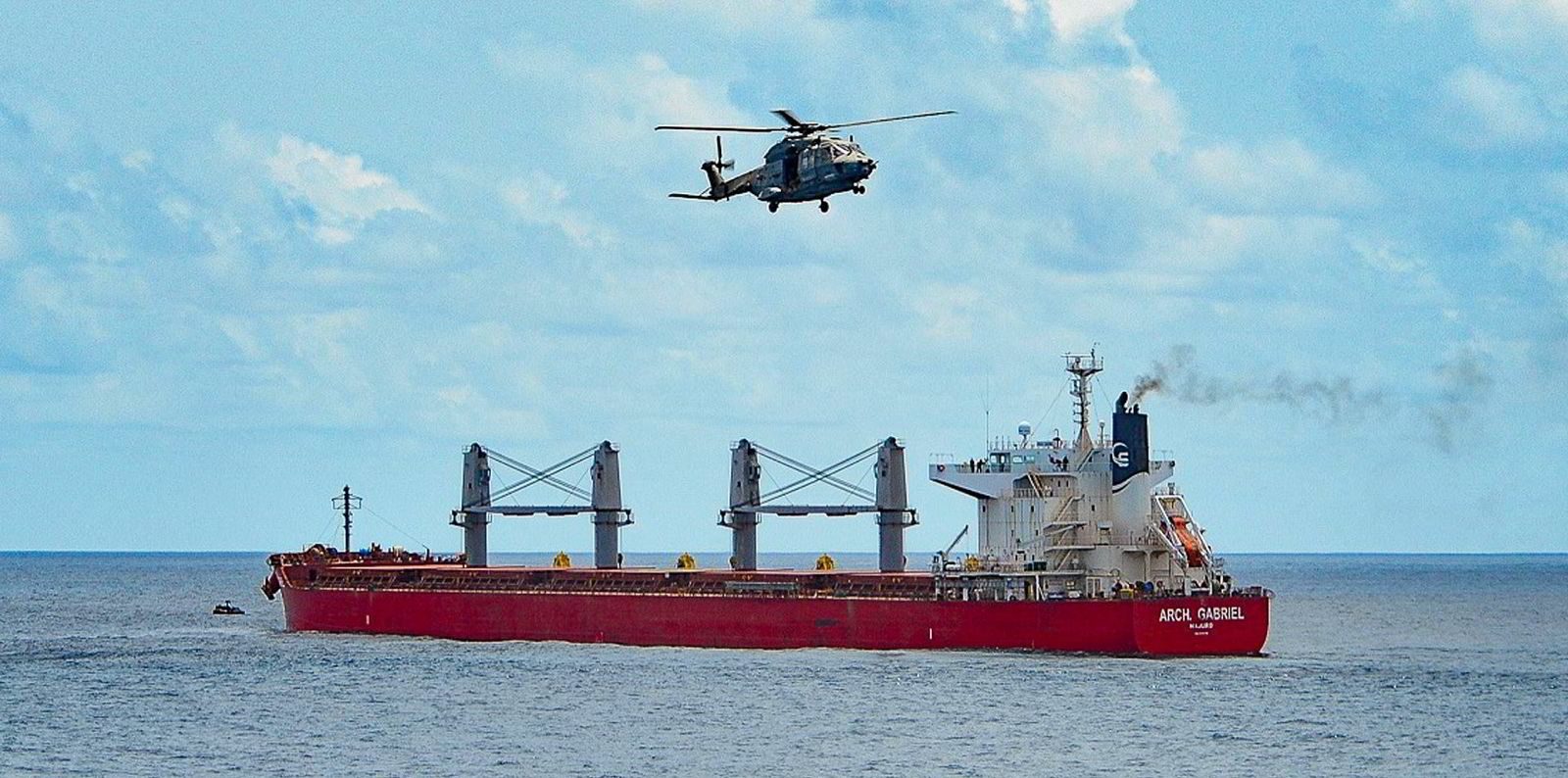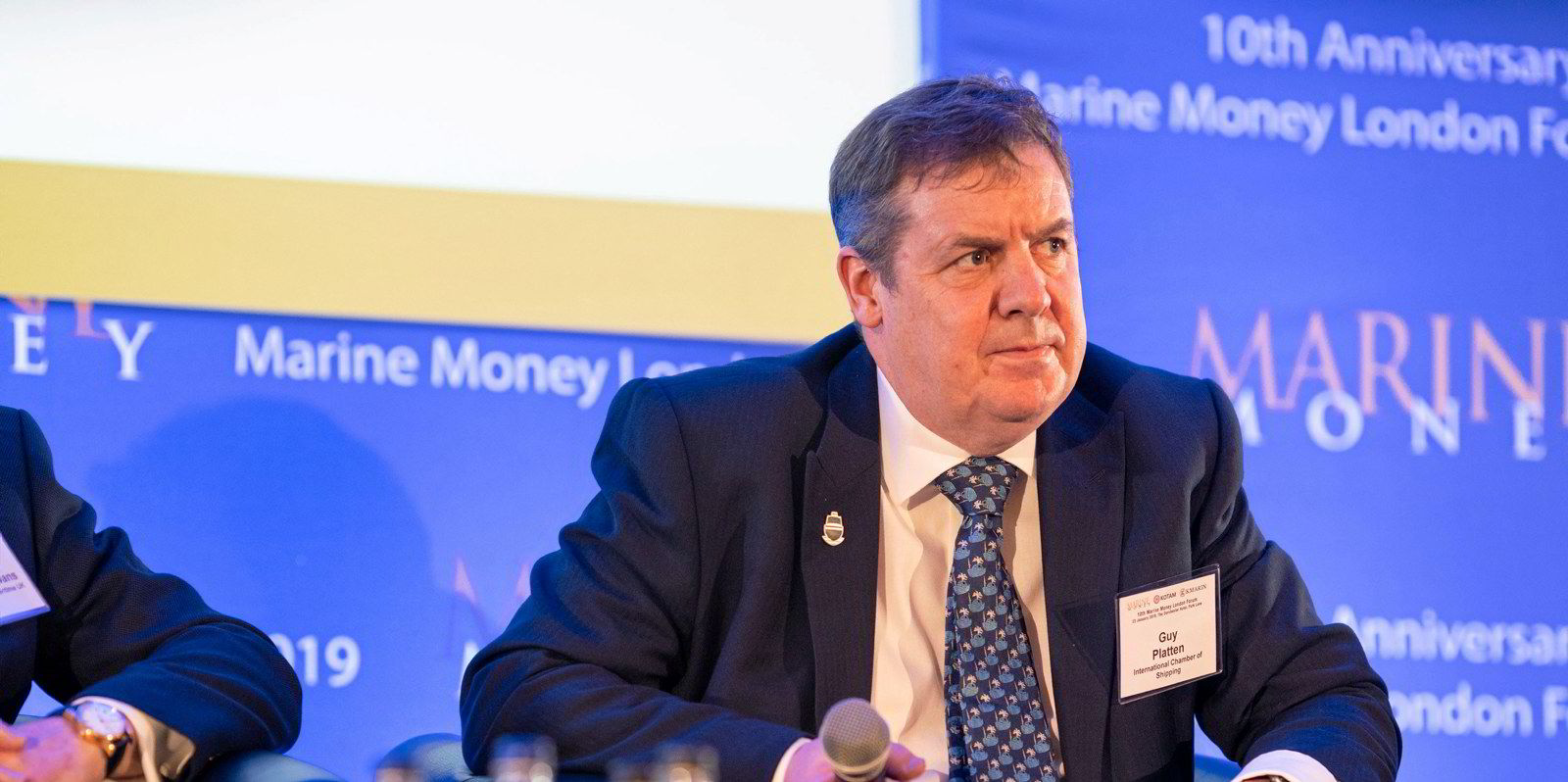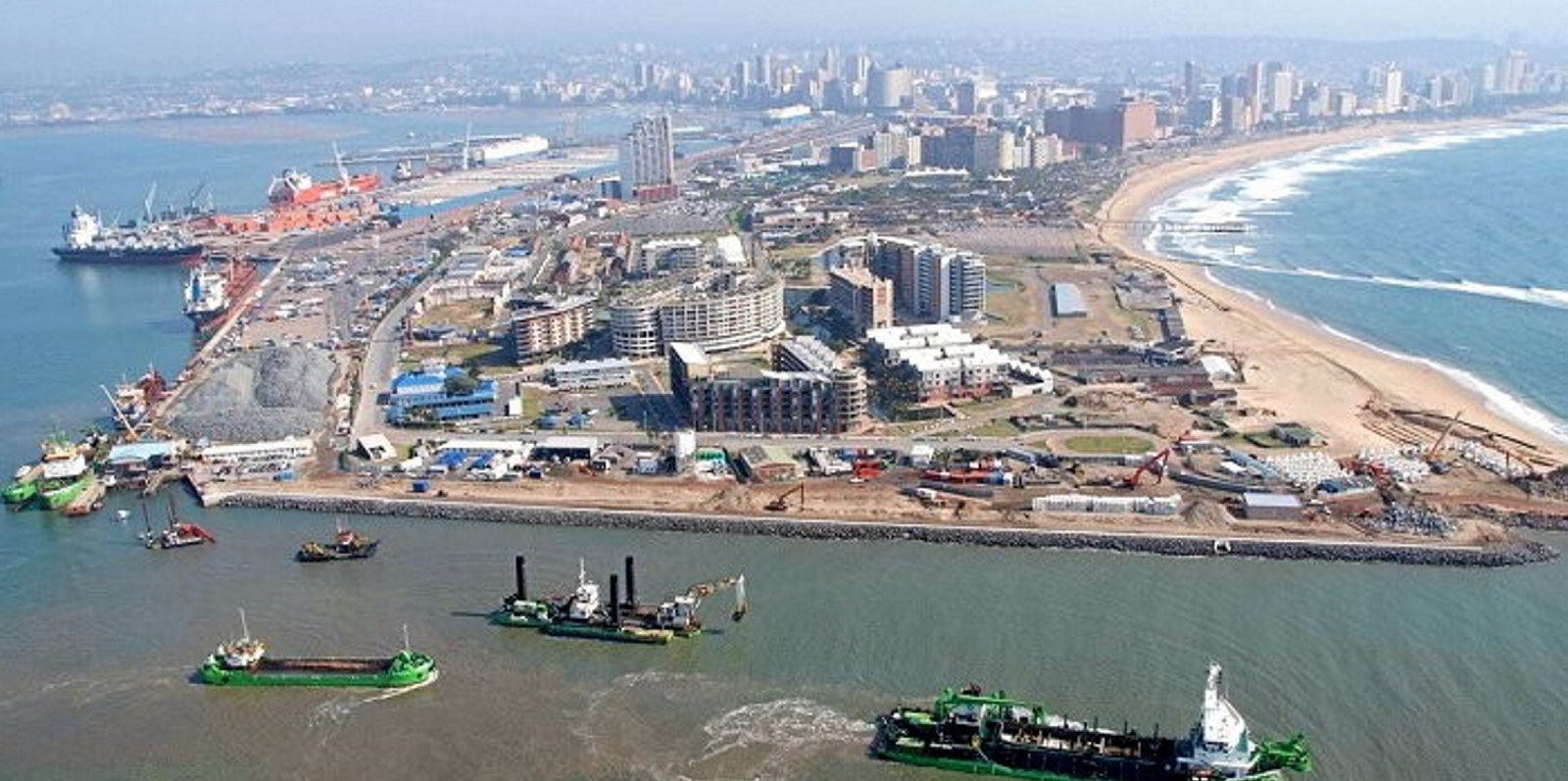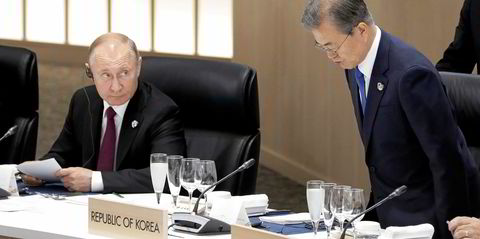The shipping industry has revealed a major new strategic cooperation with Nigeria to wipe out pirate gangs in the Gulf of Guinea once and for all.
The government of Nigeria, the navy and maritime safety agency NIMASA will work with the International Chamber of Shipping (ICS), Bimco, Intertanko, Intercargo and the Oil Companies International Marine Forum (OCIMF) to eliminate the threat of kidnappings, hijackings and robberies.
Despite a 60% decline in attacks last year following increased counter-piracy efforts, all reported crew kidnappings in 2021 took place in the Gulf of Guinea.
The new strategy has two main focuses after the establishment of a mechanism to periodically assess the effectiveness of country-piracy initiatives and commitments.
The first will bring together the stakeholders in a Nigerian Industry Working Group (NIWG), while the second will identify actions that require the engagement of other regional and international partners.
“The strategic ambition of the coalition is to eliminate piracy in the Gulf of Guinea, to secure trade routes, reassure traversing crews, and support local communities,” the partners said.
In May, the UN Security Council condemned the region as the world’s piracy hotspot.
The International Maritime Bureau’s Piracy Reporting Centre tracked an overall drop in global piracy during 2021, but threat levels off West Africa remain high.
Bashir Jamoh, director general of NIMASA, said: “Working collaboratively with state and non-state actors, the maritime industry’s various critical players and stakeholders have highlighted key areas where they can make collective improvements.”
Important tool

“This strategy is an important step in codifying joint efforts to sustain maritime security in the Gulf of Guinea. It will be an important tool to monitor our progress,” the director general added.
Guy Platten, secretary general of ICS, said the agreement demonstrated the strong relationship between the shipping industry and Nigeria.
“The strategy is already identifying successes and areas in which further improvement will continue to reduce the capability of pirates to attack innocent seafarers in the region,” he added.
The piracy problem has been ongoing for more than a decade in the area.
In 2020, 40% of piracy attacks and 95% of kidnappings occurred in the Gulf of Guinea.
Incidents were slashed by 60% last year after Nigeria set up the Deep Blue anti-piracy operation with the navy and NIMASA, and international navies stepped up patrols.
David Loosley, secretary general and chief executive of shipowners’ organisation Bimco, said the strategy is the result of productive dialogue with Nigeria.
A problem for too long
“The long-term success of the joint strategy relies on the establishment of structures and incentives which will stimulate a sustainable change in the Niger Delta pirates’ behaviour,” he added.
Katharina Stanzel, managing director of tanker owners’ association Intertanko, called the deal a “significant point in the fight against piracy and insecurity in this region.”
“Seafarers have borne this burden for too long,” she said.
And Kostas Gkonis, secretary general of bulker counterpart Intercargo, described the strategy as a first step.
“The partners must continue to work together to ensure continuous improvement and ensure that the shipping community and the local economy see real change as a result of the strategy,” he added.




